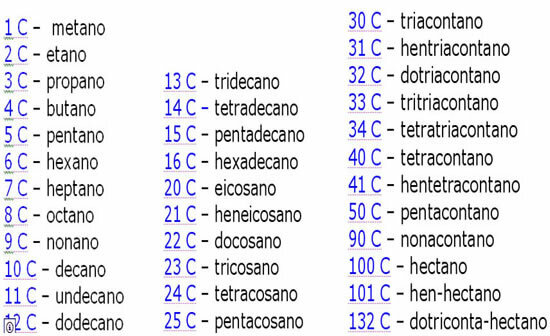A new project by Coimbra University (UC), in Portugal, called Biofeedback Augmented Software Engineering (BASE), under the leadership of scientist Henrique Madeira, who is a professor at the Department of Informatics Engineering at the UC, allows the identification of computer errors in softwares.
Read more: Meta Technology: Artificial Intelligence writes academic articles and TCCs
see more
These are the 4 zodiac signs that love solitude the most, according to…
There are some dog breeds considered perfect for people…
According to the professor, the research results showed that, with the use of tools created based on artificial intelligence, it is possible to detect whether a programmer is able to understand the configurations of the software he is reading or building, and, from that, reduce the occurrence of errors, also known as bugs.
Neuroscience, biomedicine, software engineering and artificial intelligence
The research is developed with the combination of different areas of knowledge, and is based on the identification of zones that are involved in the error process of building a software and if the brain shows patterns of activation when one
programmer discovers a bug in the software he is working on.With that, after this identification, the objective is to investigate what can interfere in the activity of programmers, such as states of stress, fatigue or distraction, and which tools can be created to contribute to the programmer's work and reduce the occurrence of errors in codes or softwares.
Much is complained about the quality of the software, however, Henrique Madeira, responsible for the research, says that the programmer had not yet been studied, and he is considered a central element in the construction of programs and softwares.
The idea is to make the programmer's work environment, especially the one that works with software development, endowed with new strategies and tools created based on artificial intelligence to indicate to the programmer which code he should analyze more closely attention.
The BASE project is a consortium between different departments of the University of Coimbra and the Centro Polytechnic of Milan, with funding of 239 thousand euros, funded by the Foundation for Science and Technology.


